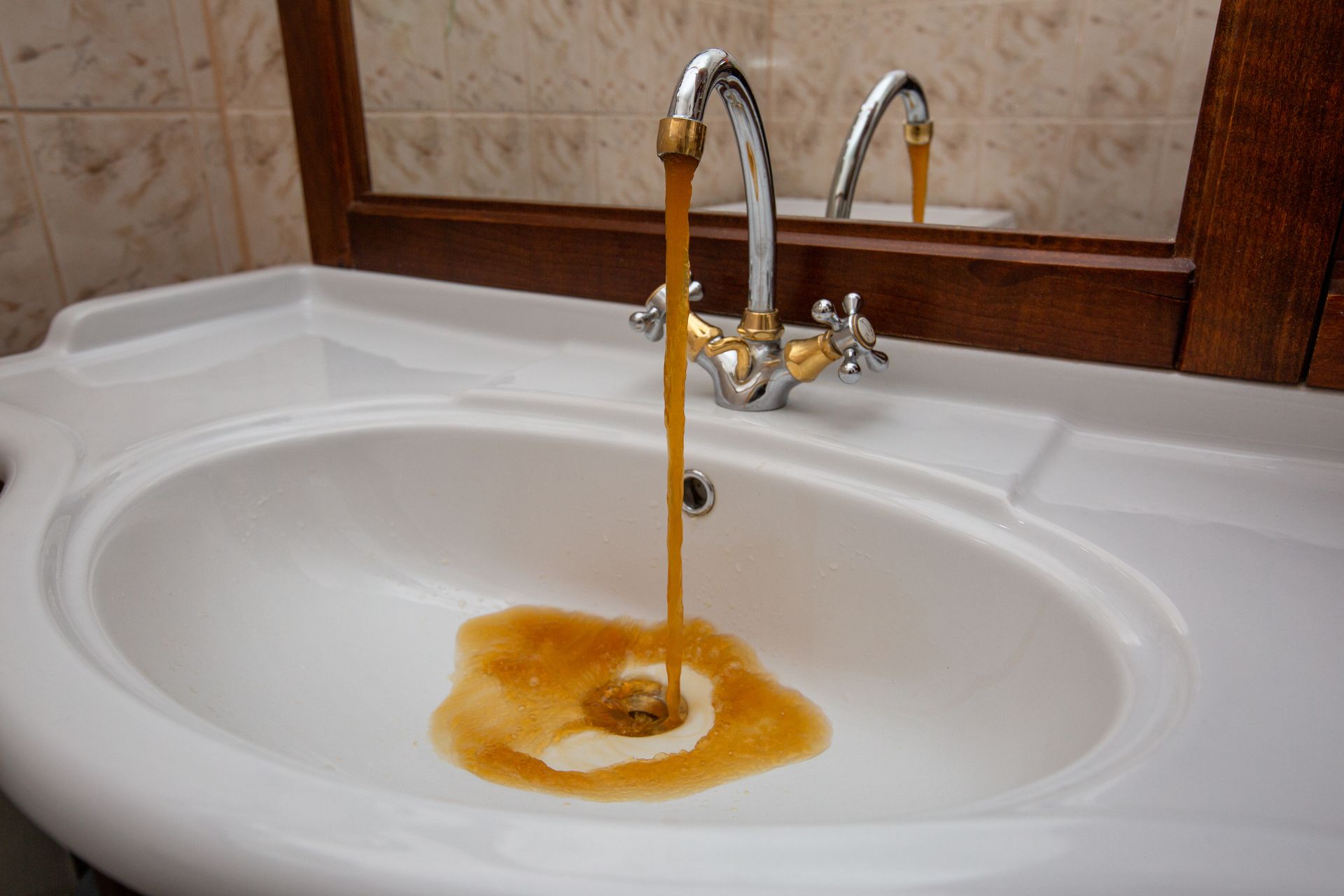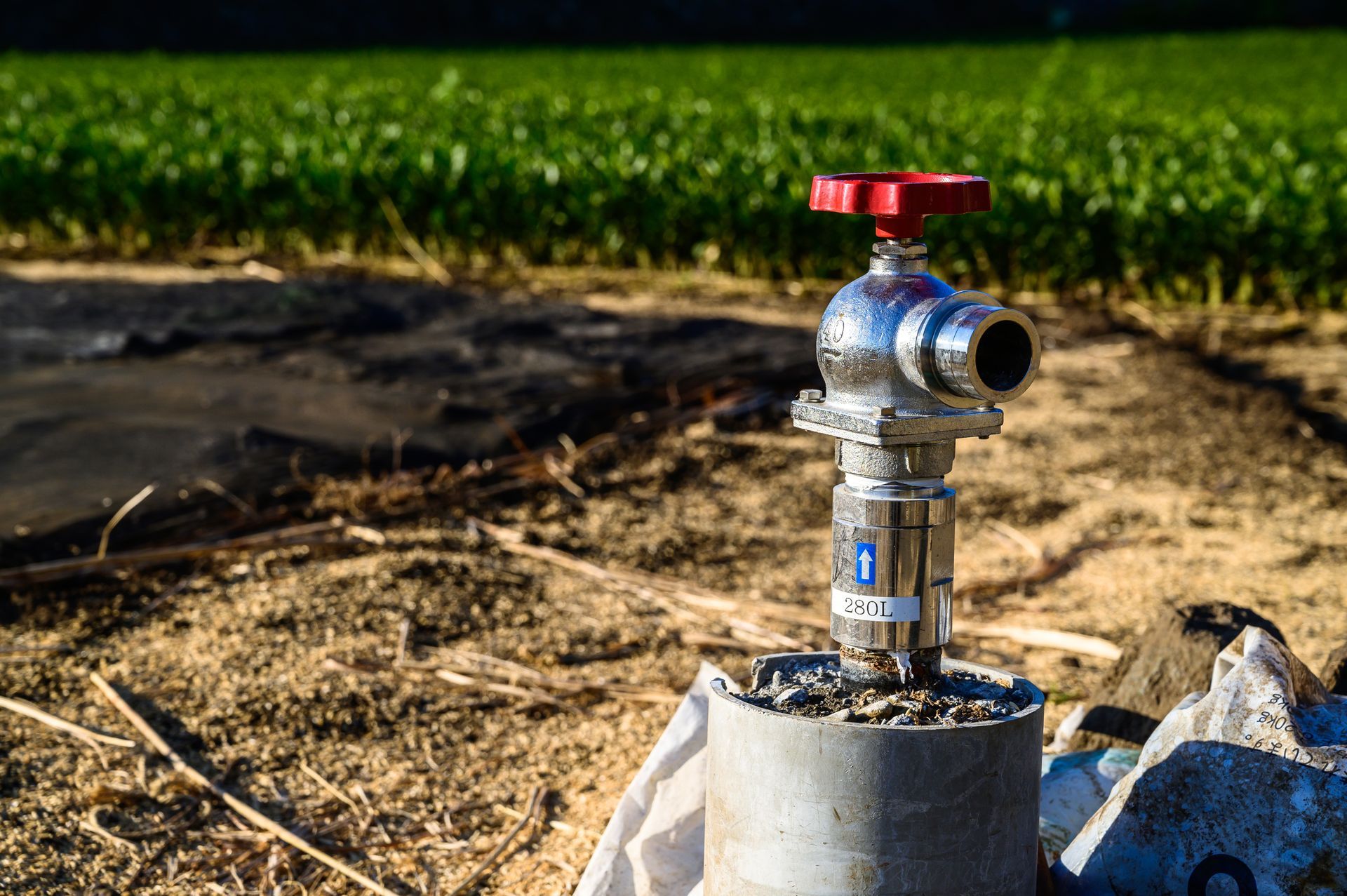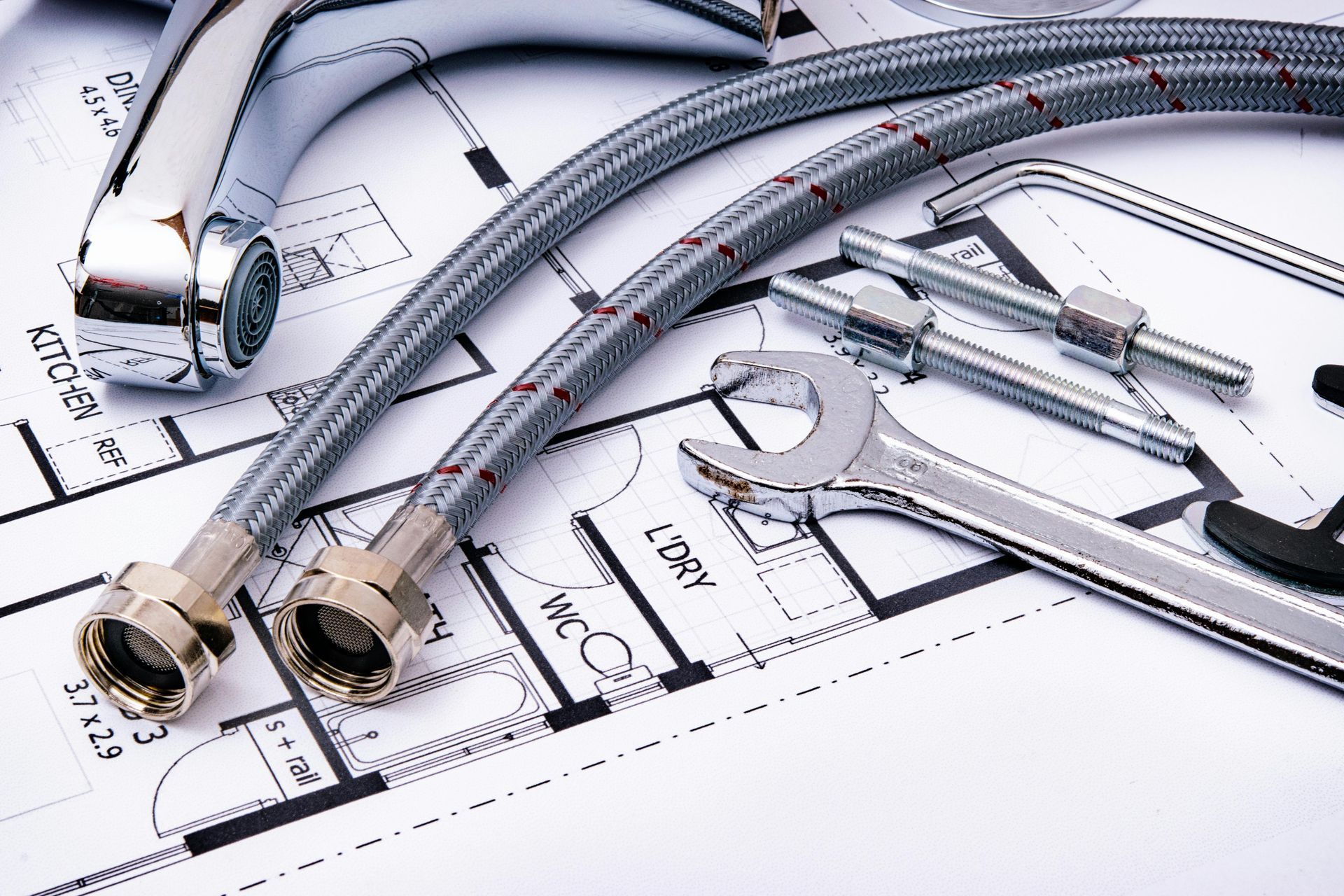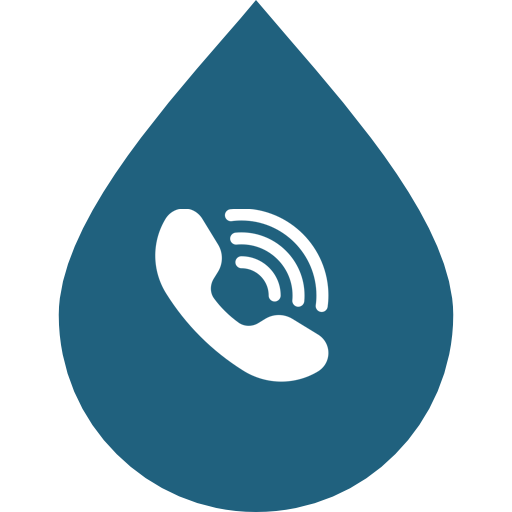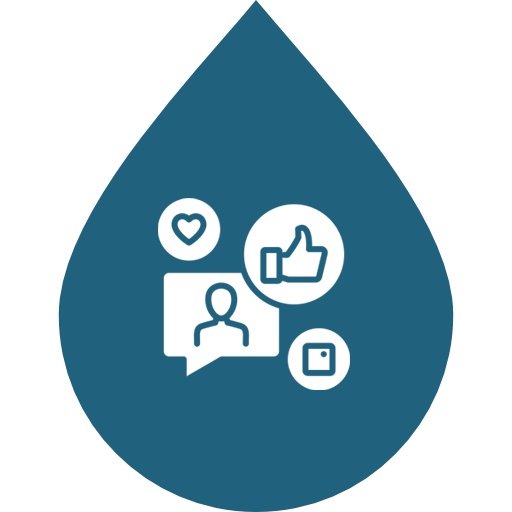Matt Meek LLC
What Is Hard Water, and How Can I Tell if I Have It?
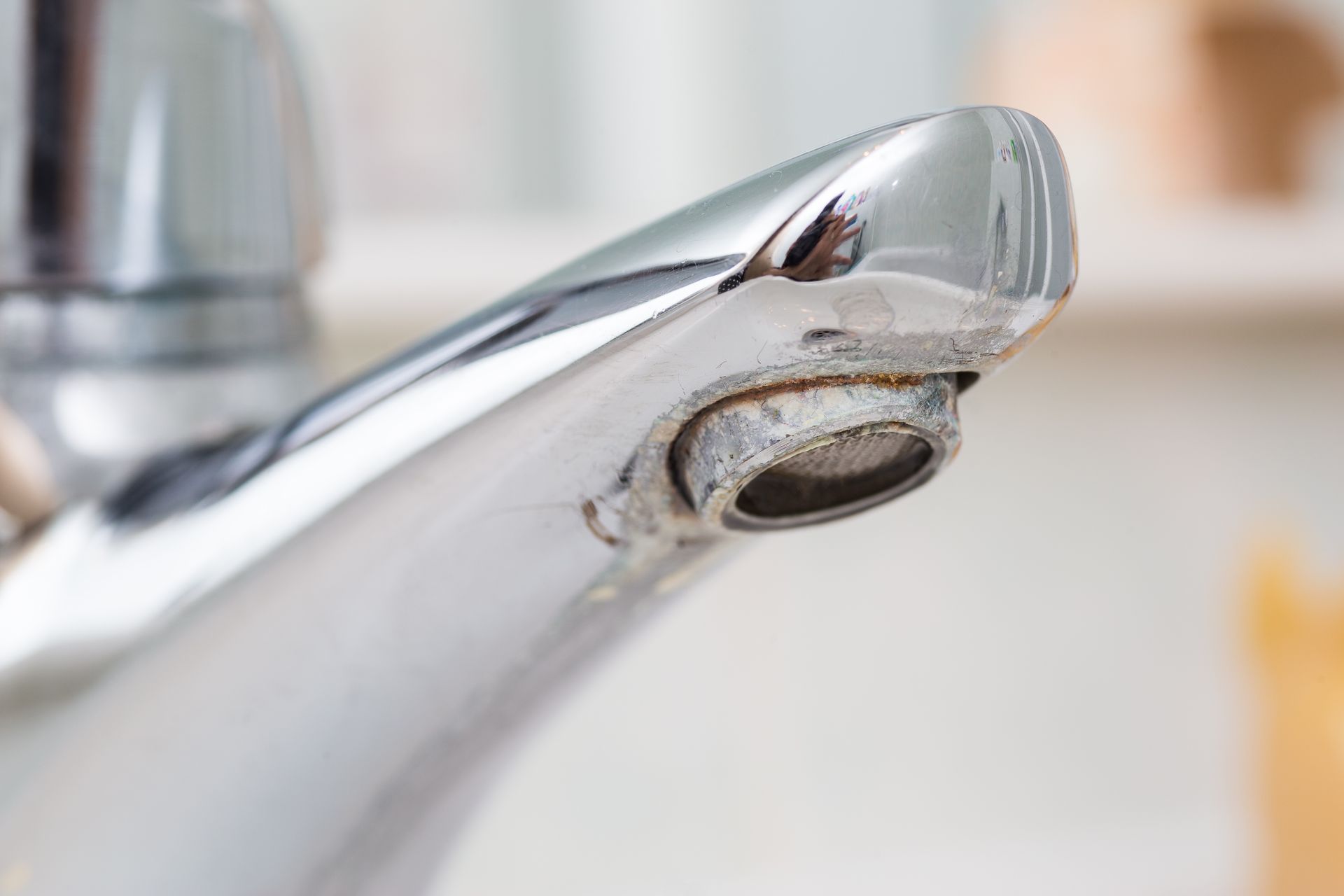
Slide title
Write your caption hereButton
Hard water is one of those sneaky household nuisances you may not notice right away, but over time, its effects start creeping in. If your faucets are constantly caked with white residue, your dishes never seem to sparkle, or you feel like your skin and hair are on a never-ending dry spell, you might have a run-in with hard water. Let’s dive into what hard water is, how it can impact your home, and most importantly—how you can tell if you have it.
Understanding Hard Water: What Is It, Really?
Hard water is water that contains a higher-than-normal amount of dissolved minerals, primarily calcium and magnesium. These minerals aren’t harmful to your health, but they can be a real pain for your home. Here’s a bit of science for you: when water travels through mineral-rich areas like limestone, it picks up calcium and magnesium, which then end up in your tap water. The result? Water that’s “harder” than a college physics exam.
But don’t worry—hard water isn’t dangerous to drink or cook with. In fact, some studies suggest that drinking hard water could even add to your daily mineral intake! However, the trouble begins when it comes to cleaning, washing, and maintaining your home’s plumbing.
Key signs you might have hard water:
- Soap doesn't lather well
- Stubborn spots on your glassware
- Crusty white buildup around faucets
- Clothes feeling rough and stiff after laundry
How Hard Water Affects Your Home (And Your Sanity)
While hard water won’t make your coffee taste weird or your pasta mushy, it does leave a lasting mark on your home in some less-than-pleasant ways. Over time, those harmless minerals can wreak havoc on everything from your appliances to your skin. Here's how hard water impacts your everyday life:
1. Plumbing Problems
Hard water can lead to mineral buildup inside your pipes, which can restrict water flow and cause pressure problems. Think of it like cholesterol for your pipes. If left unchecked, this buildup can lead to clogging, reduced efficiency in your plumbing system, and in worst-case scenarios, expensive repairs.
The issues include:
- Pipe clogs due to mineral deposits
- Reduced water pressure
- Shortened lifespan of plumbing systems
2. Appliances That Have Seen Better Days
Your washing machine, dishwasher, and water heater are all under siege when hard water is involved. Hard water forces your appliances to work harder, reducing their efficiency and shortening their lifespan. This means your water heater has to use more energy to heat your water, your dishwasher won’t clean your dishes as well, and your washing machine could leave your clothes feeling scratchy.
Appliance issues caused by hard water:
- Shorter lifespan of water heaters and dishwashers
- Lower efficiency in heating and cleaning
- Higher energy bills due to overworking appliances
3. Skin and Hair Woes
Have you ever taken a shower and felt like your skin was still covered in soap or your hair just didn’t seem as clean as it should? You can blame hard water for that. The high mineral content in hard water prevents soap from dissolving completely, leaving behind a residue that clings to your skin and hair. This can lead to dry, itchy skin and hair that feels dull and lifeless.
Signs of hard water on your body:
- Soap scum left on the skin, leading to irritation
- Dry, brittle hair
- Frequent use of moisturizer or conditioner
How to Tell If You Have Hard Water: The Easy Way to Know
By now, you might be wondering how you can definitively figure out if you have hard water in your home. Here are some foolproof methods:
1. Look for the Telltale Signs
Before you rush out to buy a test kit, take a look around your house for some of the most common signs of hard water:
- White spots on dishes: No matter how many times you run your dishwasher, your glassware and silverware seem to come out with stubborn water spots.
- Soap scum buildup: If your shower is lined with a sticky, filmy substance, that’s likely the result of hard water mixing with your soap.
- Clothes feeling stiff: After a spin in the washing machine, your clothes might feel like they’ve aged a decade, turning stiff and scratchy.
- Mineral deposits around faucets: Those crusty, white rings around your faucets or showerhead are a dead giveaway.
2. Test Your Water at Home
If you’re still unsure, you can easily test your water for hardness. You can purchase a simple hard water test kit from a home improvement store. These kits measure the water’s mineral content and give you a precise reading of how hard your water is. Alternatively, you can try the DIY method using a clear bottle, soap, and water:
- Fill the bottle about halfway with water from your tap.
- Add a few drops of liquid dish soap.
- Shake the bottle vigorously for a few seconds.
- If the water remains cloudy and doesn’t produce suds, you likely have hard water.
3. Call in a Professional
When in doubt, a water professional can give you a definitive answer. They can test your water and recommend solutions based on the level of hardness you’re dealing with.
How to Fix Hard Water Problems in Your Home
Now that you know what hard water is and how to tell if you have it, the next step is fixing the problem. Luckily, you don’t have to live with hard water forever. Here’s how you can solve it:
1. Water Softener Systems
The most effective way to deal with hard water is to install a water softener system. These systems work by replacing the calcium and magnesium ions in hard water with sodium ions, making your water "soft." Not only will this help reduce scale buildup and improve the efficiency of your appliances, but it’ll also make your skin and hair feel like they’ve just come from a spa day.
2. DIY Remedies for Mild Cases
If you’re not ready to commit to a water softener system, there are some quick fixes you can try:
- Vinegar rinses for showerheads and faucets: Dissolve mineral buildup with a good soak in white vinegar.
- Water conditioner products: These can be added to your laundry to prevent hard water from damaging clothes.
- Install shower filters: These can help reduce the effects of hard water on your skin and hair.
The Benefits of Soft Water: Why You Should Consider a Water Softener
Switching to soft water can have a huge impact on your home and your life. Here are some of the biggest benefits:
- Improved efficiency of appliances: Soft water reduces wear and tear on your dishwasher, washing machine, and water heater.
- Softer skin and shinier hair: Without the minerals in hard water, your soap and shampoo can lather properly, leaving you feeling fresh and clean.
- Cleaner dishes and laundry: No more unsightly spots on your dishes or stiff, rough clothes from the laundry.
- Less maintenance on plumbing: Soft water prevents the buildup of mineral deposits in your pipes, reducing the need for costly repairs.
Contact Our Team for Water Softener Systems in Hartsville, IN
If you suspect hard water is making life difficult in your home, we can help. At Matt Meek LLC, we offer professional water softener installation and maintenance services to ensure your water is as smooth as possible. Whether you’re dealing with stubborn soap scum, stained dishes, or sky-high energy bills, we’ve got the solution for you.
Our team specializes in creating custom water-softening solutions tailored to your home’s needs. Contact us today at
(812) 344-3559 to schedule an appointment. In addition to water softener systems, we also offer
plumbing services,
water heater repair and installation, and
well pump services. Let us help you protect your home and restore the comfort you deserve!
FAQs
-
Is hard water safe to drink?
Yes, hard water is generally safe to drink, and some even claim the minerals can be beneficial to your health. However, the high mineral content can affect taste.
-
Can hard water damage my appliances?
Yes, over time, hard water can reduce the efficiency of appliances like your water heater and dishwasher, leading to costly repairs and replacements.
-
How do I remove hard water stains from my shower?
You can use a mixture of vinegar and water to remove hard water stains from showerheads and faucets. Let it soak for a few hours, then scrub away the residue.
-
Can hard water affect my skin?
Yes, hard water can leave soap residue on your skin, leading to dryness and irritation. Installing a water softener can help reduce these effects.
-
Do water softeners remove all minerals from water?
Water softeners mainly remove calcium and magnesium, the minerals that cause hardness. Other minerals may remain in the water, but they typically won’t cause any issues.
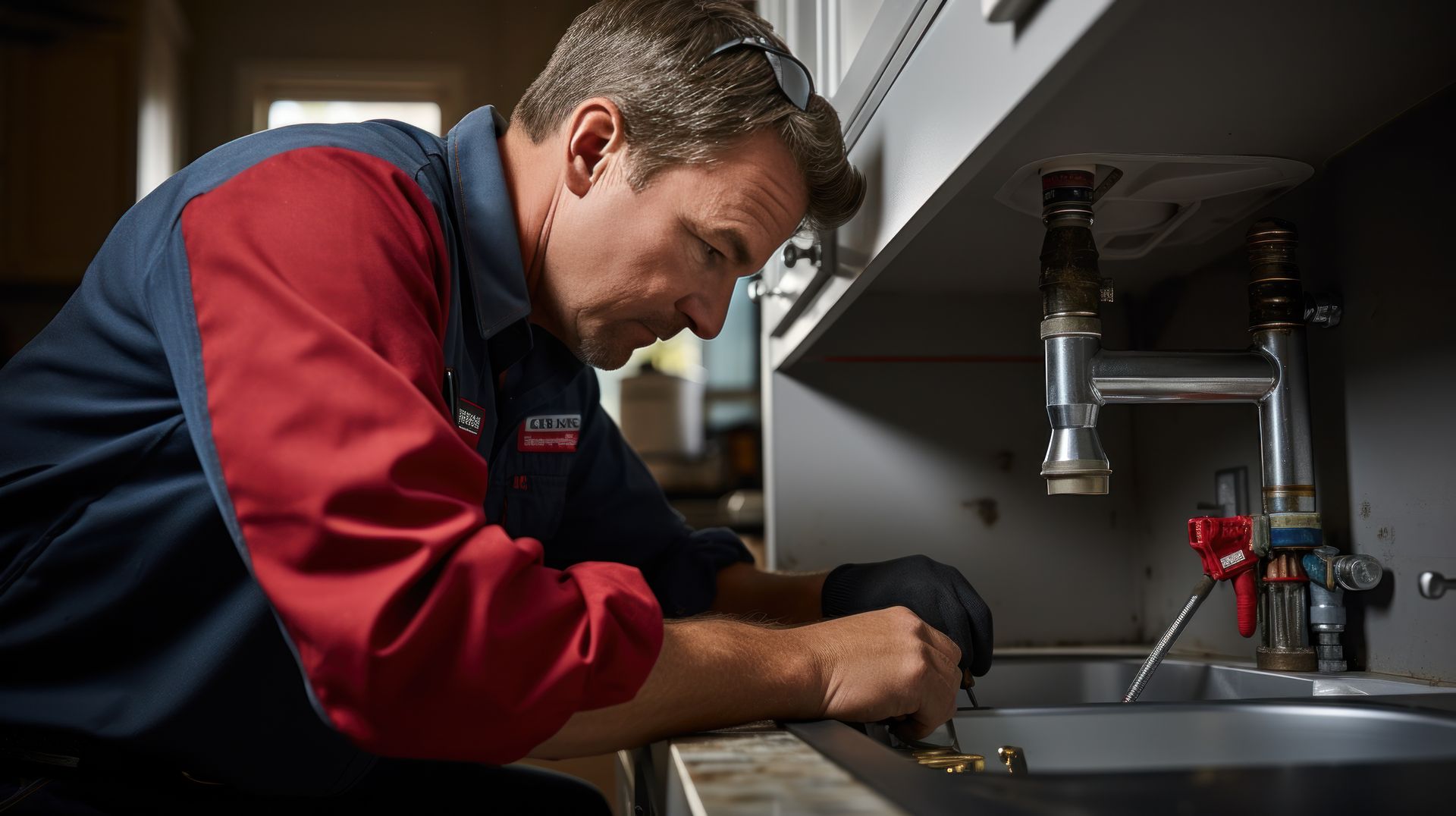
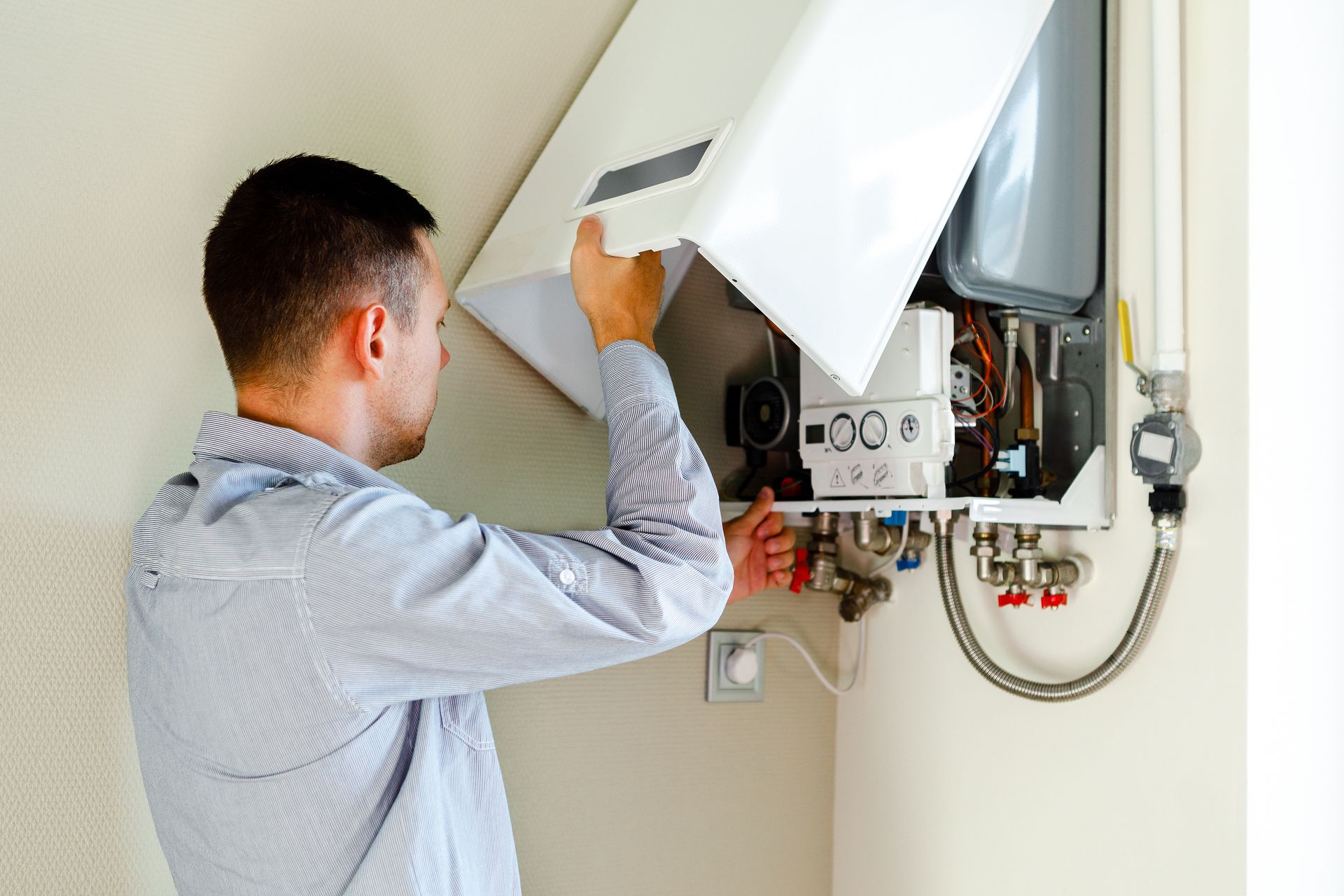
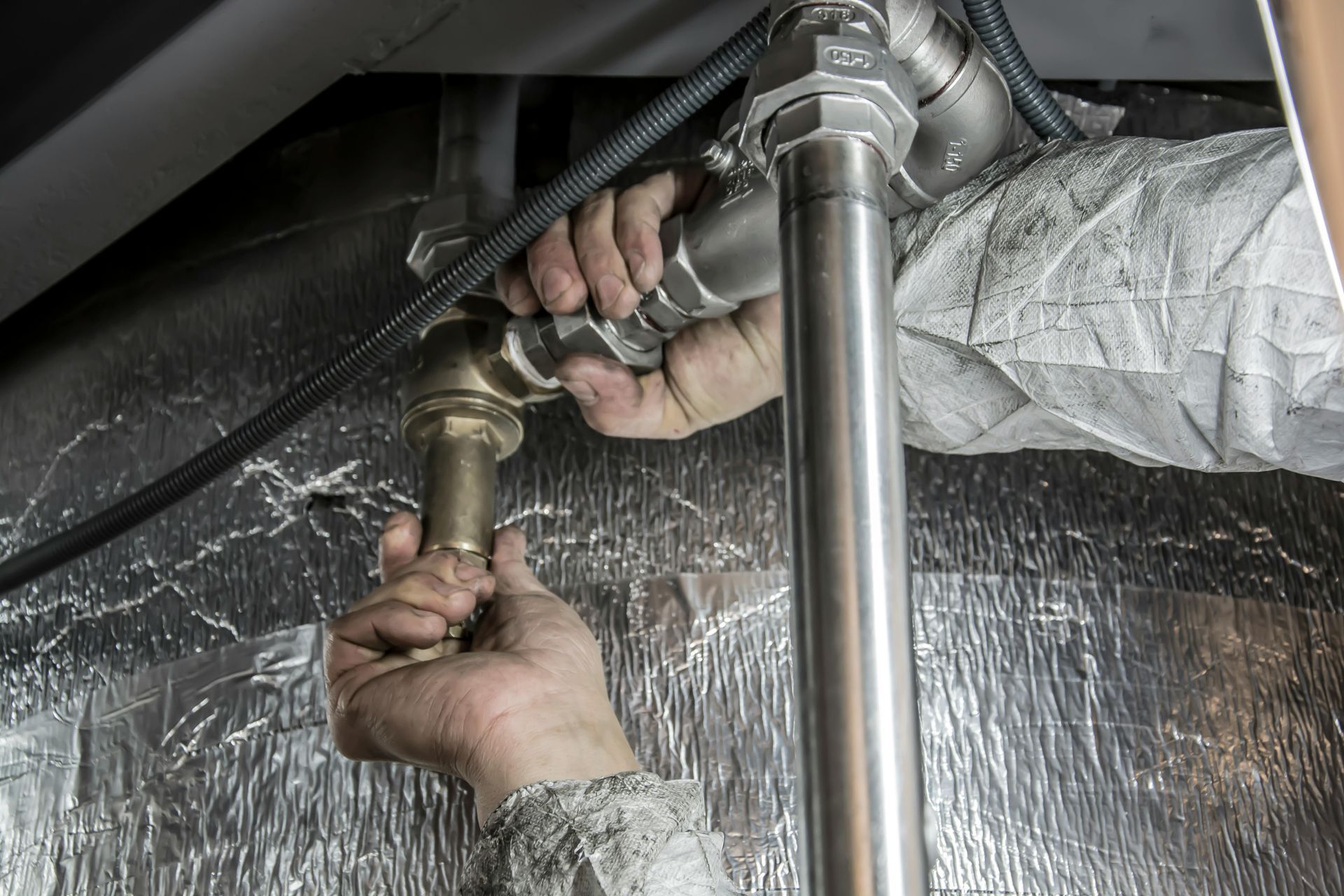
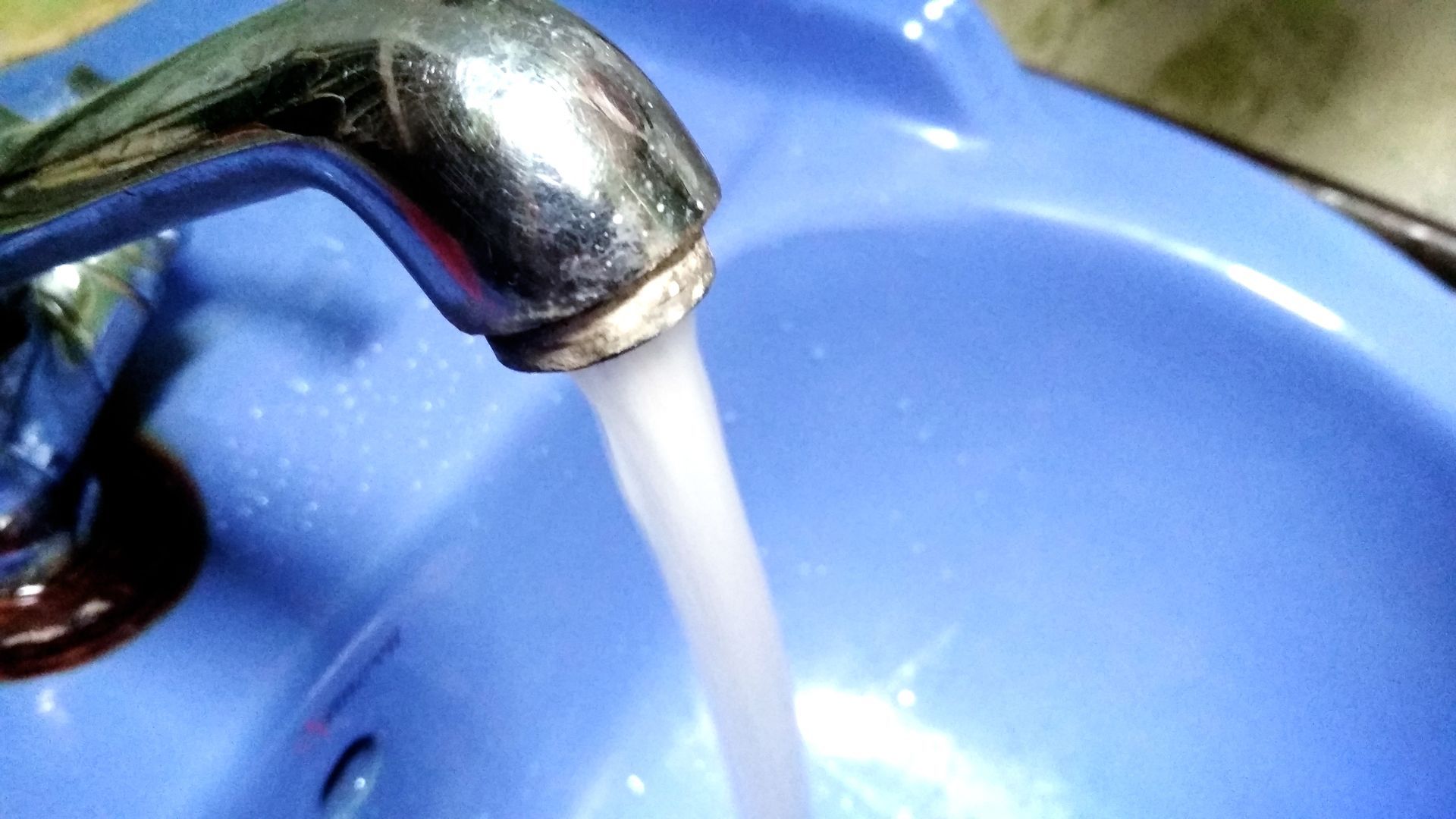
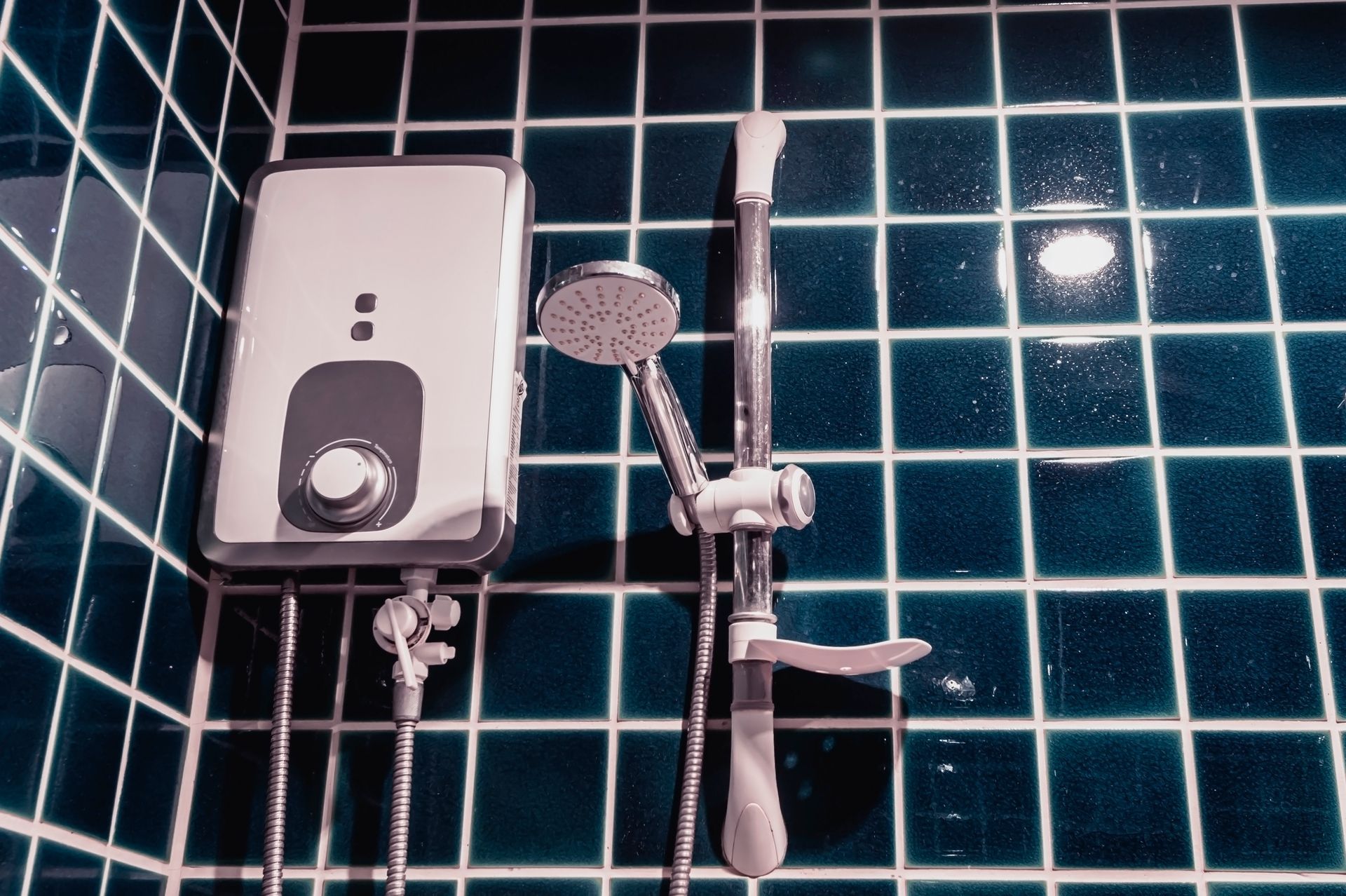





We provide a variety of professional plumbing services in the Greenwood, Hartsville and Columbus, IN areas
Areas Served:
Our plumbing contractors provide courteous, friendly, affordable, and effective residential plumbing services.
All Rights Reserved | Matt Meek LLC

